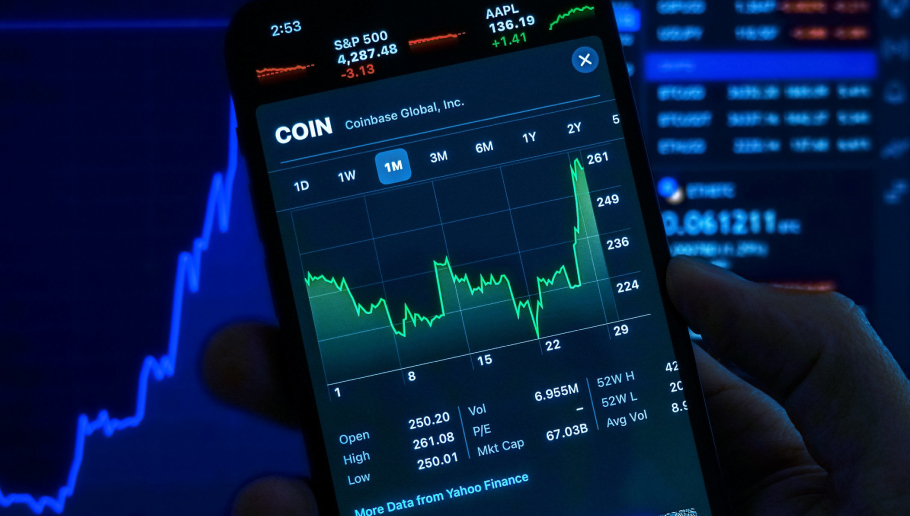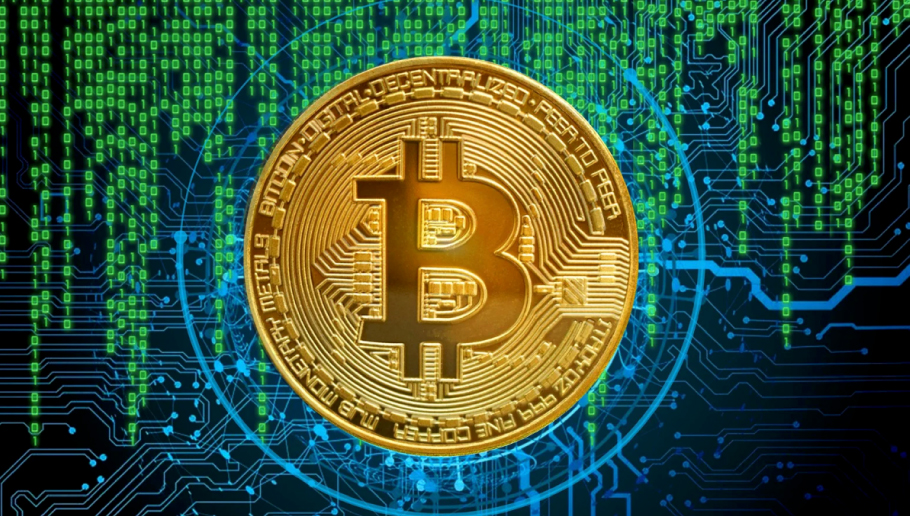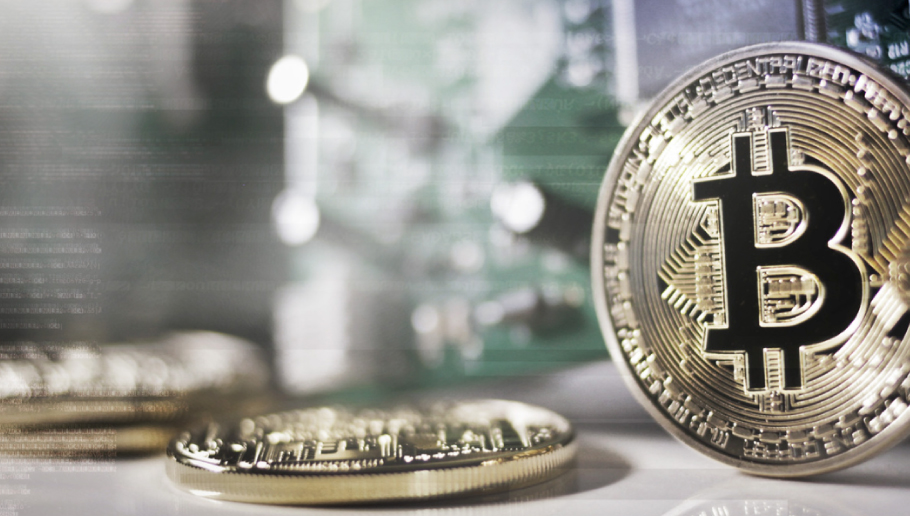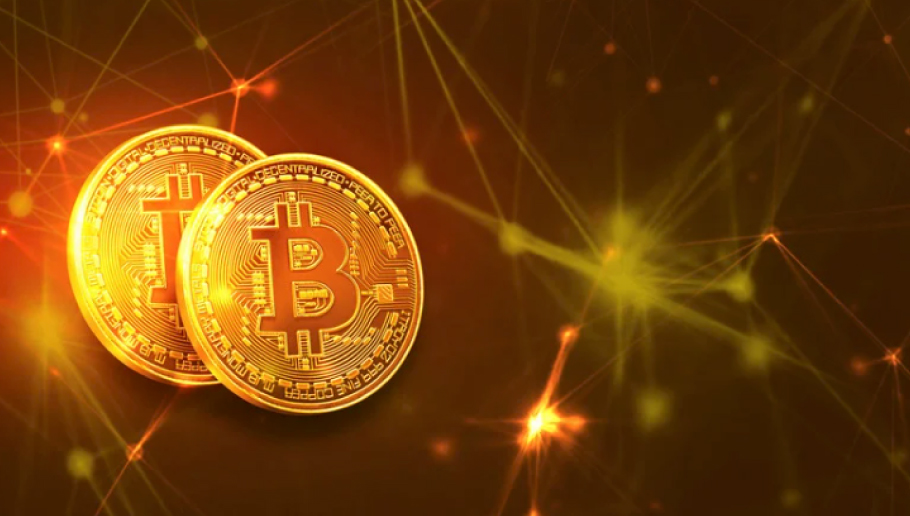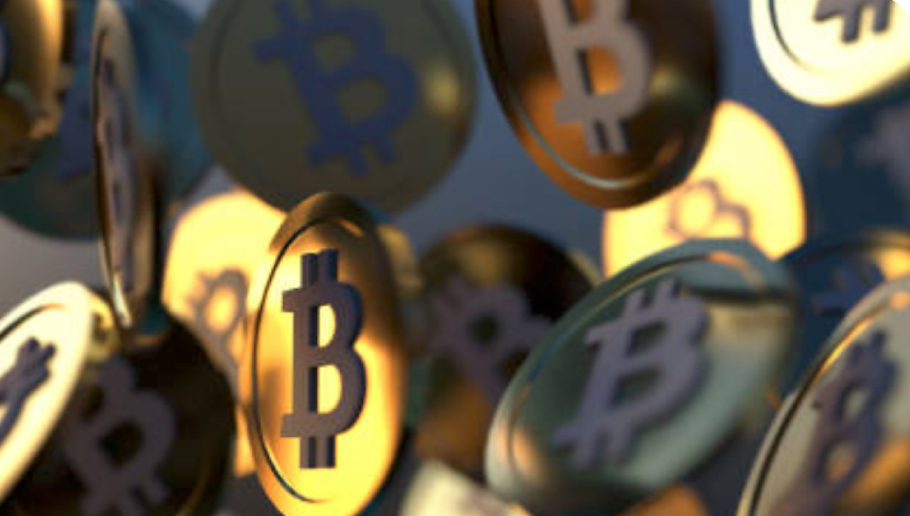In the wake of some troubling cyberattacks and scams inflicted upon the decentralized finance sector in 2021, questions were raised about the necessity of DeFi regulation, questions that were addressed in part when the Global Blockchain Business Council rolled out the first edition of the International Journal of Blockchain Law in November of that year.
In the foreword, Dr. Matthias Artzt, Deutsche Bank’s senior legal counsel, wrote that blockchain technology “will have a significant impact on the field of law,” while adding that it is too early to tell how great that impact will be:
Will current law bend to new use cases inspired and enabled by blockchain technology or will we see new laws enacted, especially in such areas as contract, intellectual property, regulatory, and antitrust law?
U.S. Securities and Exchange Commission commissioner Caroline Crenshaw amplified the point later in the report, noting that while DeFi “presents a panoply of opportunities,” it also “poses important risks and challenges for regulators, investors, and the financial markets.” She added that DeFi’s current “buyer beware” approach was simply not adequate, and that besides the SEC, the Department of Justice, Internal Revenue Service, Commodities Future Trading Commission and Financial Criminal Enforcement Network have jurisdiction over “aspects of DeFi.”
There are “a variety of tools” at the SEC’s disposal, according to Crenshaw, “ranging from rulemaking authority, to various exemptive or no action relief, to enforcement actions.”
It is not the first attempt on the part of a regulatory body to get a read on DeFi, much less a handle – an understandable trend, given that as of early 2022 there was nearly $237 billion of value locked in DeFi projects, up from $13 billion at the end of 2020.
On Oct. 28, 2021 the Financial Action Task Force (FATF), an international organization, issued some guidance for dealing with DeFi, centering not only on the licensing and registration of Virtual Asset Service Providers (VASPs) but also on such matters as money-laundering and terrorist financing through peer-to-peer transactions.
But the guidance raises a simple question: Who can be held accountable when the things go awry with a DeFi exchange? It is a monetary system (not to mention an investment vehicle) that operates without a centralized authority; that’s the whole point of DeFi to begin with.
Agustin Carstens, general manager of the Bank for International Settlements, told CNBC in December 2021 that “the decentralized aspect tends to be illusive” and added:
“There are some incentive issues related to the fact that, through this decentralization, at some point you end up with some agents that play an important role, and not necessarily for the best (interests) of users of financial services.”
Unraveling that mystery will be one of the great challenges for any regulatory body that is seeking to solve DeFi issues. So too is the fact that DeFi platforms are not bound by any geographical boundaries, though there are those who believe guidance can be found in the Foreign Account Tax Compliance Act of 2010, which enables U.S. authorities to regulate American citizens’ use of foreign currency around the globe, and the European Union’s General Data Protection regulation, which was passed in 2018 and governs data usage on the part of Europeans when in a foreign land.
The bottom line is that governmental officials are well aware of the risks and challenges of DeFi. While it is not entirely clear what might happen next, it seems certain that various bodies will continue to monitor the situation, and that movement on this front is entirely possible.

